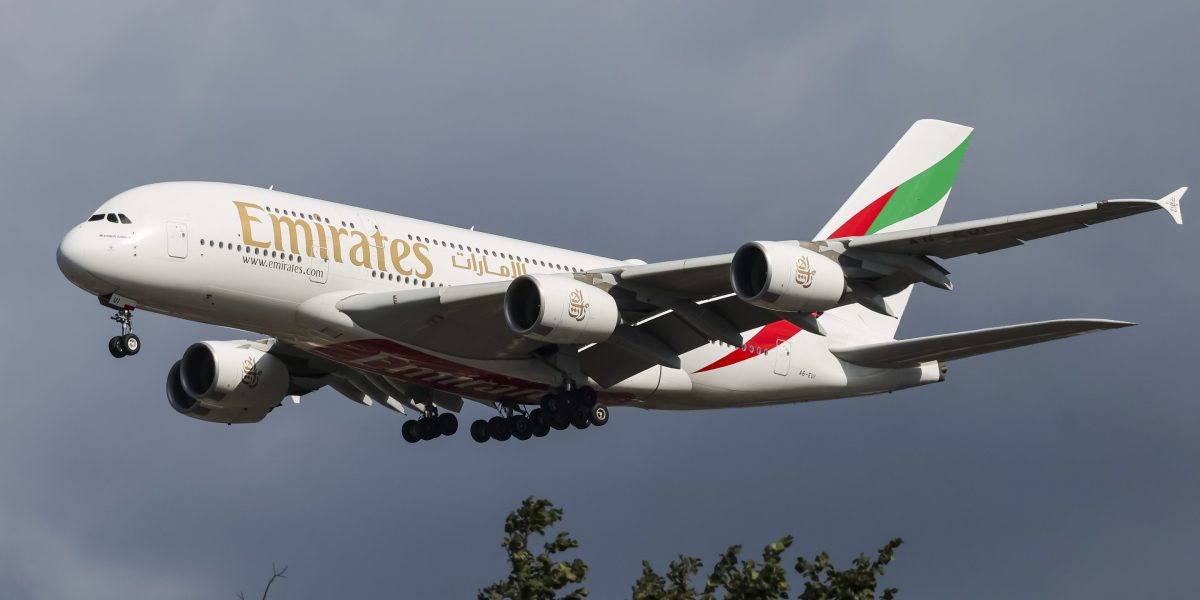
Emirates passengers aren’t allowed to bring pagers and walkie-talkies on board, the airline said, after similar devices belonging to the militant group Hezbollah exploded in Lebanon last month.
“All Passengers traveling on flights to, from or via Dubai are prohibited from transporting pagers and walkie talkies in checked or cabin baggage,” Emirates said in a statement Friday.
It added that “Such items found in passengers’ hand luggage or checked baggage will be confiscated by Dubai Police.”
When asked for further details, Emirates didn’t immediately provide a comment.
In an Israeli intelligence operation, Hezbollah pagers and walkie-talkies laced with explosives were detonated last month, killing at 37 people and injuring nearly 3,000.
Sources told the Washington Post that the operation originated in 2022, though Israel’s spy service, Mossad, first began inserting booby-trapped walkie-talkies into Lebanon in 2015.
Those devices helped Israel listen to Hezbollah’s conversations and were also an option for use as bombs in the event of a future crisis.
Then in 2023, a marketing executive in the Middle East offered Hezbollah Taiwanese-branded Apollo pagers but didn’t know that they were assembled in Israel under Mossad oversight and contained a battery pack with a minuscule amount of a powerful explosive, according to the Post.
The pagers were also designed so that two buttons had to be pushed to set off the explosion, ensuring that both hands would be injured, the report added.
Meanwhile, travel continues to be restricted in the region as tensions escalate. Emirates said flights to Lebanon will remain suspended until Oct. 15 as Israel steps up attacks against Hezbollah with some airstrikes nearing Beirut’s airport.
Flights to Iran and Iraq will stay suspended until Tuesday. That’s as expectations are high that Israel will soon retaliate against Tehran for the most recent barrage of missiles it launched.
A Mideast security expert recently predicted the Israel-Iran conflict will be the new normal over the long term.
“I think the question is simply going to be how often is the tit for tat going to happen, and is it just going to be tit for tat, or is this going to escalate only further,” Carmiel Arbit, Atlantic Council Middle East programs senior fellow, told Bloomberg TV on Thursday. “And I think the hope of the international community at this point is to avert a World War III rather than this smaller-scale war of attrition.”

